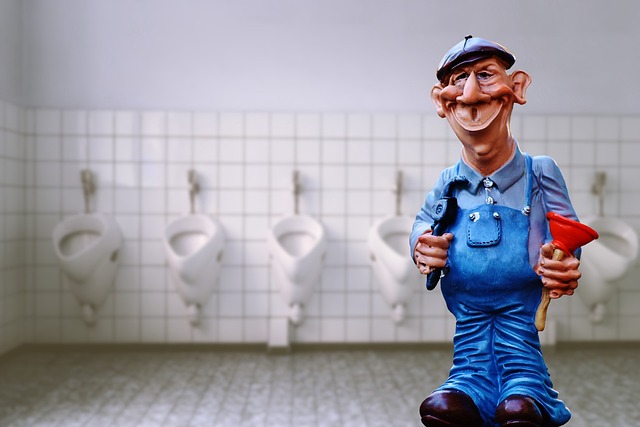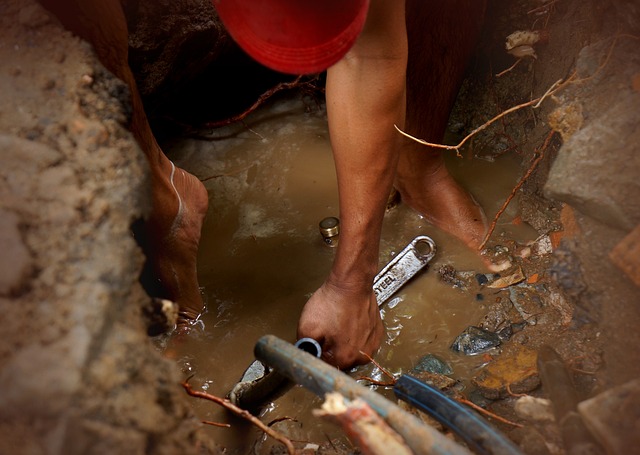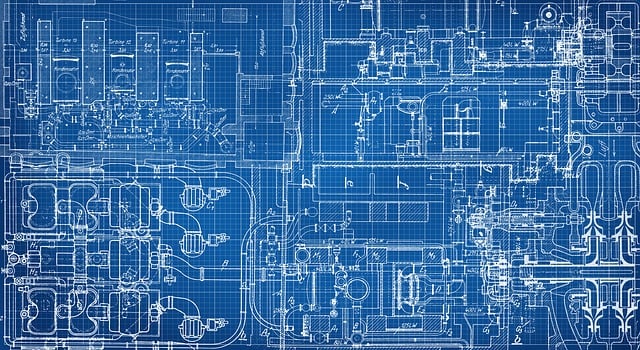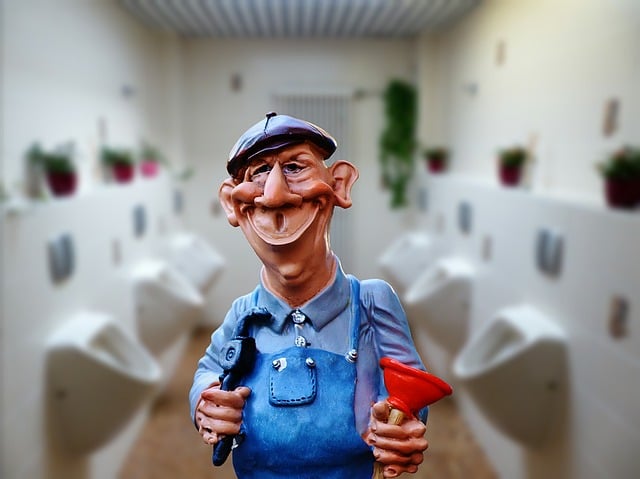Plumbers are key professionals in diagnosing and resolving water quality issues by advising on appropriate treatment systems for homes. With their expertise in various filtration methods—including carbon filters, sediment filters, and reverse osmosis systems, as well as water softeners—plumbers can tailor solutions to the specific contaminants and hardness levels in a water supply. These systems are designed to remove impurities ranging from large particles to dissolved salts. Plumbers assess the unique characteristics of the water, such as mineral content and contaminant presence, to recommend the most effective system. For instance, iron-rich water may necessitate sediment filters, while organic matter calls for carbon filters. Proper installation and maintenance by a plumber are essential for optimal performance, ensuring that homeowners receive cleaner and safer water. When considering water treatment systems, it's important to evaluate your home's specific water quality and usage patterns. A licensed plumber can perform a thorough assessment and suggest cost-effective solutions that balance performance with affordability, ultimately leading to long-term savings and reliably treated water. Regular maintenance by a professional plumber is crucial for the continued efficacy of these systems, ensuring they last longer and function at their best.
When it comes to ensuring the safety and quality of water within your home, the expertise of a plumber is invaluable. This article serves as a comprehensive guide, illuminating the intricacies of water treatment systems, including filters and softeners. We’ll navigate through the various types available, providing insights tailored to your household’s specific needs. From maintaining and installing these systems to cost-effective solutions, a plumber’s advice is key to making an informed decision for your clean water supply.
- Understanding Water Treatment Systems: A Plumber's Guide to Filters and Softeners
- Types of Water Treatment Systems: What Your Home Needs According to a Plumber
- Professional Plumber Insights on Maintaining and Installing Water Filters and Softeners
- Cost-Effective Solutions for Clean Water: Plumber Tips on Choosing the Right System for Your Budget
Understanding Water Treatment Systems: A Plumber's Guide to Filters and Softeners

When addressing water quality issues, plumbers play a pivotal role in advising homeowners on suitable treatment systems. A comprehensive understanding of water treatment options, specifically filters and softeners, is essential for delivering effective solutions. Water treatment systems are designed to address a spectrum of contaminants and hardness levels present in the water supply. Filters come in various forms, including carbon filters for removing organic compounds, sediment filters for particles like silt or rust, and reverse osmosis filters for dissolved salts and other microscopic impurities. Each type of filter has its specific application and efficiency in targeting particular contaminants.
Similarly, water softeners are tailored to address the issue of hard water by removing calcium and magnesium ions that cause scale buildup and can negatively affect appliances and skin health. Plumbers must assess the water’s characteristics, including its mineral content and contaminant levels, to recommend the most appropriate system. For instance, a sediment filter might be necessary in areas with high iron content, while a carbon filter could be more suitable for organic matter concerns. Understanding the intricacies of these systems, from their installation to maintenance, is a critical component of a plumber’s expertise. This ensures that homeowners receive cleaner, safer water, and their plumbing systems operate efficiently and effectively.
Types of Water Treatment Systems: What Your Home Needs According to a Plumber

When considering the implementation of water treatment systems in your home, it’s crucial to assess your specific water quality and needs. A plumber with expertise in water treatment can provide valuable insights tailored to your household. There are several types of systems designed to address various contaminants and issues within your water supply. For instance, if your area experiences hard water, a water softener would be a prudent investment. These systems remove mineral ions like calcium and magnesium, which cause scale buildup, prolonging the life of plumbing fixtures and appliances that rely on water. On the other hand, if your primary concern is sediment or particulates, a sediment filter or whole-house filtration system might be more suitable. Such systems can capture sand, silt, rust, and other suspended solids before they reach your faucets and showers. In areas with chemical contaminants such as chlorine or chloramines, activated carbon filters can effectively reduce these substances, improving the taste and smell of your water. A plumber’s guidance is invaluable in selecting the right system, considering factors like water pressure, volume needs, and the presence of specific contaminants that affect your local water supply. With a thorough evaluation, they can recommend the optimal combination of filters or softeners to ensure your home’s water is safe and optimized for all uses.
Professional Plumber Insights on Maintaining and Installing Water Filters and Softeners

When it comes to maintaining and installing water filters and softeners, professional plumbers offer valuable insights that can ensure your system operates efficiently and effectively. Regular maintenance is key to prolonging the life of your water treatment unit. Plumbers recommend scheduling routine checks to clean or replace filter cartridges, as sediment and contaminants can diminish performance over time. This proactive approach not only safeguards the quality of your water but also prevents potential malfunctions that could lead to costly repairs.
Installation is another area where professional plumbers provide essential expertise. Proper installation is critical for optimal functionality and safety. A certified plumber will ensure that your water filter or softener system is installed according to manufacturer specifications, which includes verifying the correct flow rates and pressure levels. This attention to detail is crucial for maintaining the efficacy of the treatment process and protecting your home’s plumbing infrastructure from unnecessary strain. By heeding their guidance on maintenance and installation, you can enjoy cleaner, softer water with greater confidence in your water treatment system’s performance.
Cost-Effective Solutions for Clean Water: Plumber Tips on Choosing the Right System for Your Budget

When considering cost-effective solutions for clean water within your budget, it’s crucial to assess your home’s specific needs and the quality of water available. Plumbers recommend starting with a thorough evaluation of your water supply, as this will inform the type of treatment system that’s most appropriate for you. For instance, if sediment or particulate matter is present, a filtration system with the right micron rating can address these issues effectively. On the other hand, if your water is prone to hardness, a water softener could alleviate scaling and extend the lifespan of your plumbing and appliances. It’s wise to consult with a licensed plumber who can provide professional insights tailored to your situation. They can guide you through the selection process, considering factors such as the size of your home, the volume of water usage, and the local water conditions. By choosing a system that matches your household’s requirements and budget constraints, you can ensure reliable access to clean, treated water without unnecessary expenditure. Plumbers often advise on models with a good balance between performance and cost, ensuring long-term savings and maintenance simplicity. Keep in mind that while initial costs are significant, the longevity and efficiency of the system can lead to substantial savings over time. Therefore, investing in a quality water treatment system recommended by a plumbing expert can be one of the most prudent choices for your home’s water purity and your wallet.
When addressing water treatment needs, homeowners can rely on a plumber’s expertise to select and maintain systems that ensure clean, safe water. This guide has explored various aspects of water treatment, including the functionality of filters and softeners, tailoring recommendations to specific household requirements, and offering cost-effective solutions without compromising quality. By understanding the types of systems available and the insights on installation and maintenance from professional plumbers, residents can make informed decisions to enhance their water quality. Remember, investing in a suitable water treatment system is a step towards better health and peace of mind, and consulting with a licensed plumber is key to finding the perfect solution for your home’s unique needs.
